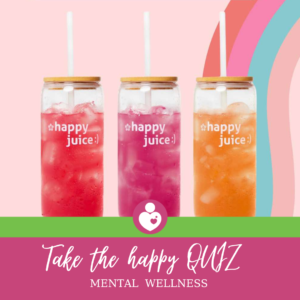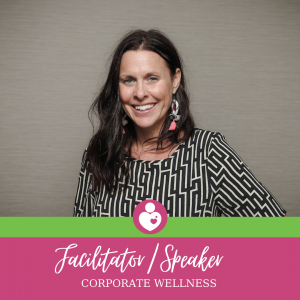More than ever, with the current global health crisis that continues to grip our deepest fears, this question is now an essential part of our daily conversations.
R U Ok Day is a charity that was set up to educate and inspire us to meaningfully connect with our friends, families and colleagues.
We may feel like we are connected to the people around us, but do we know what is going on for them on the inside? As we walk around wearing a face mask, we can be reminded that most of us mask how we truly feel.
According to the World Health Organization, 800,000 people die from suicide every year, that is one person every 40 seconds. Every suicide is a tragedy and can be prevented.
R U Ok advise us that we do not need to be an expert to reach out – just to be a good friend and a great listener.
Use these four steps to have a conversation that could change a life:
1. Ask R U OK?
2. Listen
3. Encourage Action
4. Check-in
However, before we ask others if they are ok, it’s essential to connect with how we are feeling ourselves.
Are YOU Ok?
I am a wellbeing facilitator for Holistic Services Group, and each week I facilitate conversations with global corporations. I teach them about mental health, work-life balance, stress management, yoga, meditation and mindfulness techniques, intuitive intelligence, self-care, navigating change and building resilience.
Each session is an invitation to start a journey of self-awareness and an opportunity for employees to check in. Companies are taking responsibility for the mental wellbeing of their staff, and it is so wonderful to see these practices and philosophies being shared on such a large scale. Our future has an ancient heart.
There is so much heaviness around us. Such a lot has changed in the past 18 months, as many of us are navigating working from home. We have lost our third space, the transition between work and home. We are trying to juggle kids, family, work, relationships and keep our health and sanity.
99% of all illness is caused by stress, and we are living under extreme stress. As human beings, we can only take so much until we become overloaded, and like our laptops, we catch a virus, and we shut down.
We need to learn to slow down, to rest and to set boundaries. Each day we have a choice. We can learn to focus on those things we can control. Our wellbeing is in our control. Our emotional feeling state is directly affected by our environments, how much sleep we have had, what we are watching on Netflix, how much time we are on social media, what we are eating and how much we are moving our bodies.
When we work long hours spending all day on screens, we self soothe by winding down with alcohol, and then we wake up with caffeine. We are not allowing our bodies to rest and regenerate. We are overstimulating our nervous systems, causing us to experience anxiety about what the future will bring. We get stuck in a cycle and feel exhausted, and our ability to cope and capacity for resilience diminishes.
When I facilitate a wellness session, I ask participants to rate how stressed they are feeling on a scale of 1 to 10 at the beginning and the end of the session. We need to reduce our stress, but many of us do not know how to do this.
If we do not focus on our wellness, we will be forced to prioritise our illness.
A recent article posted on World Economic Forum is an open letter to business leaders. It asks leaders to address the global mental health crisis.
Deloitte Global Millennials Study 2020 found almost half of the people surveyed felt stressed or anxious all or most of the time. Two of the most common mental health conditions, depression and anxiety, cost the global economy $1 trillion each year.
“Despite this stark picture, mental health remains low on the list of priorities for many workplaces. This can have a wide range of negative effects on employees, which manifests in a loss of employee engagement, customer satisfaction and productivity for businesses.
For those companies that recognise mental health as a priority, there remains a lack of accessible information as to the methods that are most effective when it comes to mental health in the workplace.
Mental health is another global health crisis. And for global progress to be made, mental health in the workplace must be a priority for all business leaders globally.
We believe now is the time to take urgent, collective action.”
Holistic Services Group offer a range of wellbeing workshops for online and in-person events. Book a session for R U Ok day on September 9th. Contact us now.
About the Author
Leonie Laukkanen, HSG Wellbeing Facilitator
Leonie is a wellbeing facilitator, keynote speaker, intuitive mentor, mindfulness teacher, and award-winning author. For over ten years, Leonie has been teaching the principles of mindfulness, intuition, yoga, and the art of living life from our heart’s intelligence.












